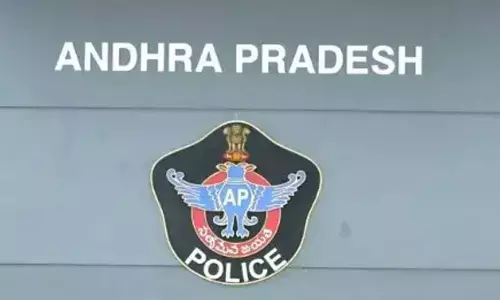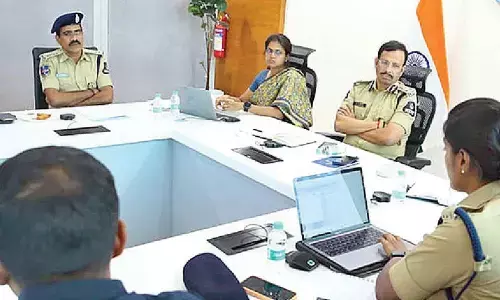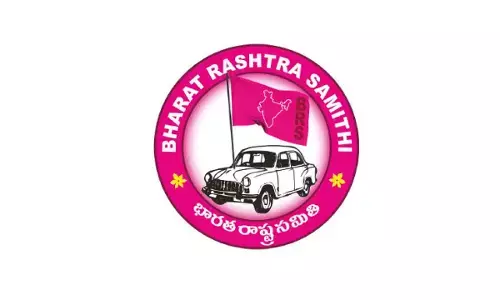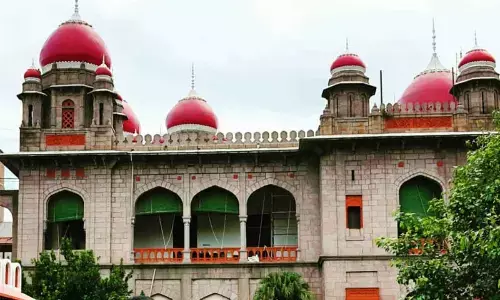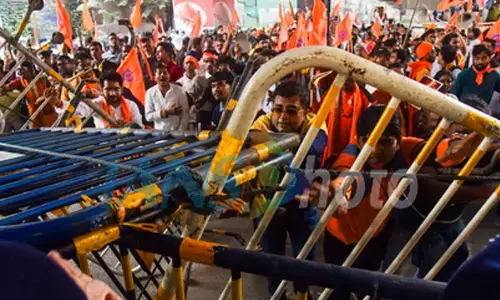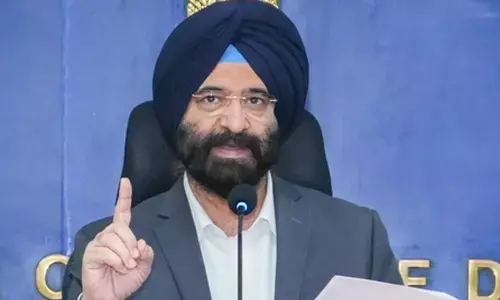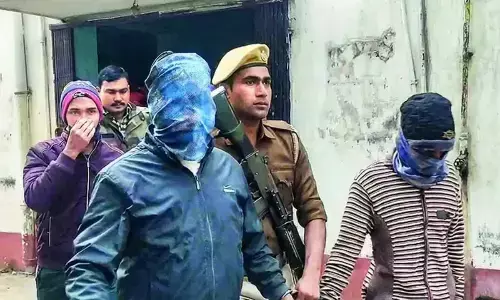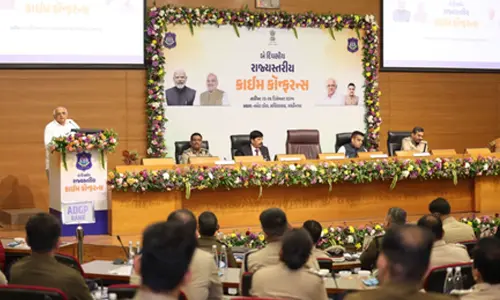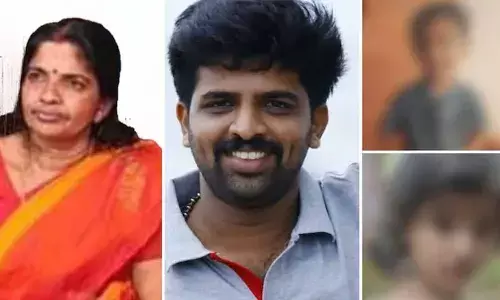WhatsApp Moves Delhi High Court Against India's New IT Laws
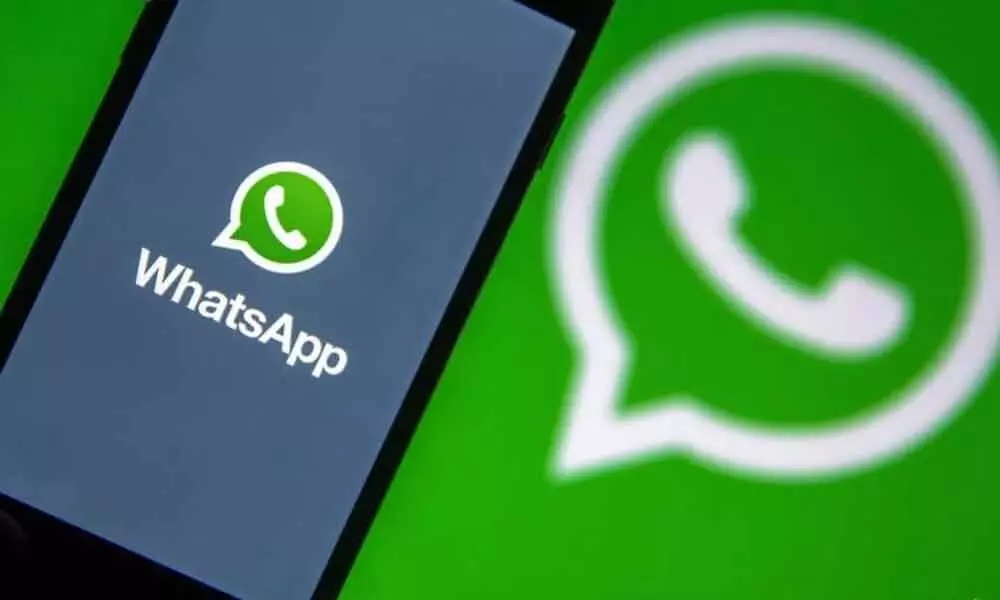
WhatsApp Moves Delhi High Court Against India's New IT Laws
In a new webpage that went live today, WhatsApp argues that "traceability inverts the way law enforcement typically investigates crimes".
WhatsApp reportedly filed a complaint against the Indian government in Delhi to prevent the new IT rules from being enforced. The regulations will go into effect from Wednesday, which is said to force Facebook-owned WhatsApp to break encryption or protect the privacy of its users.
Anonymous sources familiar with the case said that the WhatsApp lawsuit demands the Delhi High Court to declare that one of the new IT rules violates the right to privacy guaranteed by India's constitution. In addition, it needs social media companies to identify the "first originator of the information" when requested by the authorities.
On February 25, 2021, the Center announced the 2021 Information Technology Rules (Intermediary Guidelines and Digital Media Ethics Code) to regulate social media platforms by imposing a code of ethics and mandating a framework, three-tier claim repair. One of the new laws gives authorities the power to ask companies to identify and disclose those accused of the wrong action on their platform. Still, WhatsApp says that it is practically not possible without compromising user privacy.
Here's why WhatsApp is reluctant to comply with the new IT law
WhatsApp messages are end-to-end encrypted. It means that the details of the person sending the message and the content of the message cannot be traced to ensure privacy. Identifying the originator of a specific message will need the company to break encryption for the recipients and creators of the message. Breaking the encryption goes against WhatsApp's policy of offering a secure platform to users, which does not compromise the individual's privacy.
"Requiring messaging apps to 'trace' chats is the equivalent of asking us to keep a fingerprint of every single message sent on WhatsApp, which would break end-to-end encryption and fundamentally undermines people's right to privacy," a WhatsApp spokesperson said. "We have consistently joined civil society and experts around the world in opposing requirements that would violate the privacy of our users. In the meantime, we will also continue to engage with the Government of India on practical solutions aimed at keeping people safe, including responding to valid legal requests for the information available to us," the spokesperson added.
In a new webpage that went live today, WhatsApp argues that "traceability inverts the way law enforcement typically investigates crimes". "In a typical law enforcement request, a government requests technology companies provide account information about a known individual's account. With traceability, a government would provide a technology company with a piece of content and ask who sent it first," shares the post.
The post titled, 'What is traceability and why does WhatsApp oppose it?' says: "In order to trace even one message, services would have to trace every message. That's because there is no way to predict which message a government would want to investigate in the future. In doing so, a government that chooses to mandate traceability is effectively mandating a new form of mass surveillance."
The fight between the Indian government and the tech giants is getting fierce
The new laws have intensified tension between the BJP-led Indian government and social media giants because these companies consider that the time allowed to comply with the new laws is "too short", and many details are missing in the new set of laws rules.
India is one of the key markets for these tech companies. However, there have been several cases where the Indian government has intimidated these platforms that appear to fulfil their party's personal agenda. Especially with Twitter, a sudden police visit to their offices in Delhi and Gurgaon a couple of days ago without reason. Shortly after the microblogging service, the visit took place flagged the posts by BJP spokesperson Sambit Patra and others as "manipulated media," meaning that there was counterfeit content in that post. Twitter has also been criticized for not removing the "manipulated media" mark from the Modi government's lawsuits.
The government was also seen cracking down on social media companies to remove what it "believes" is misinformation about Covid-19 and posts critical of the government and Prime Minister Narendra Modi's response to the serious second wave of Covid-19 infections.








